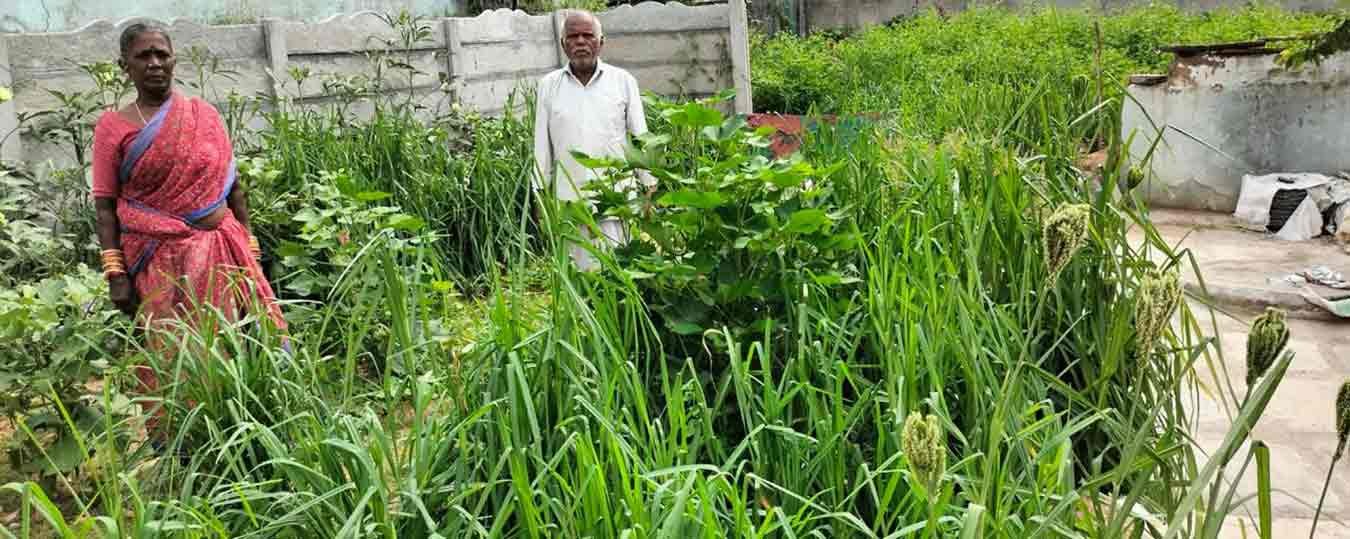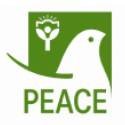
From 'Campaign' to a 'Program' Mode
PEACE began its journey predominantly as an activist-driven organization, passionately engaged in mobilizing communities and creating awareness, particularly aimed at eradicating child labour starting in 1992. These early campaigns effectively raised public consciousness and drew significant attention to critical social issues. However, recognizing the need for sustainable, long-term solutions, PEACE gradually transitioned from a purely activist model to a structured, program-based approach.
Strategic Transition
The strategic shift from activism to structured programming was driven by the understanding that sustained impact requires organized and systemic interventions. PEACE transitioned towards establishing robust community-led institutions, ensuring continuity, ownership, and long-term sustainability. This evolution marked a significant transformation in operational methodology, from reactive campaigns to proactive, structured developmental initiatives.
Institutional Strengthening
Central to this transformation was the formation and empowerment of community-based organizations such as Women’s Mutually Aided Cooperative Societies (MACS) and Farmer’s groups. These institutions have become the primary vehicles for executing and managing programs in natural resource management, livelihood enhancement, and socio-economic development.
Support from donors, financial institutions, and governmental agencies is effectively channelized through these strengthened community institutions. This institutional framework fosters community ownership, ensuring accountability, transparency, and active participation at grassroots levels.
Inclusive Development Focus
In its programmatic approach, PEACE consistently emphasizes the integration and empowerment of marginalized communities, particularly the Dalits. Active promotion of Dalit leadership within community-owned organizations is a strategic move aimed at tapping the latent potential within these communities and ensuring their integration into broader societal frameworks.
Continuous awareness programs on Dalit issues are undertaken to sensitize broader communities to the challenges and systemic inequalities faced by Dalits, thereby promoting empathy, inclusivity, and collective action towards equity and justice.
Core Programmatic Areas
PEACE’s structured programs comprehensively address several critical developmental areas:
- Natural Resource Management: Emphasis on sustainable agriculture, biodiversity conservation, watershed development, and effective utilization of natural resources.
- Women’s Empowerment: Empowering women through Self-Help Groups (SHGs) and MACS, promoting socio-economic independence and leadership.
- Child Rights and Education: Persistent efforts towards the eradication of child labour, promoting education, awareness campaigns, and comprehensive child development.
- Support for Physically Challenged: Facilitating socio-economic empowerment and inclusive livelihoods for physically challenged individuals through targeted financial and skill-based support.
- HIV/AIDS Awareness and Child Support: Providing dedicated support and creating awareness about HIV/AIDS, especially for affected children, ensuring their well-being and integration.
- Strengthening Panchayat Raj Institutions: Enhancing local governance through capacity building, education, and active community participation to foster effective decentralized governance.
Sustained Impact
This evolution from a campaign-driven entity to a structured, program-oriented organization has significantly enhanced PEACE’s capability to deliver sustained, tangible outcomes. The transition ensures that developmental gains are maintained, and communities continue to progress independently and resiliently, aligning PEACE’s efforts closely with sustainable development objectives.
Vision and Philosophy Mr. Nimmaiah’s vision is deeply rooted in simplicity, community empowerment, and sustainability. His leadership style emphasizes grassroots involvement, collective action, and resilience in the face of challenges. His philosophy centers around the holistic upliftment of rural communities through participatory methods, sustainable agricultural practices, and education-based interventions.
– Mr. Nimmaiah, Executive Director, PEACE
